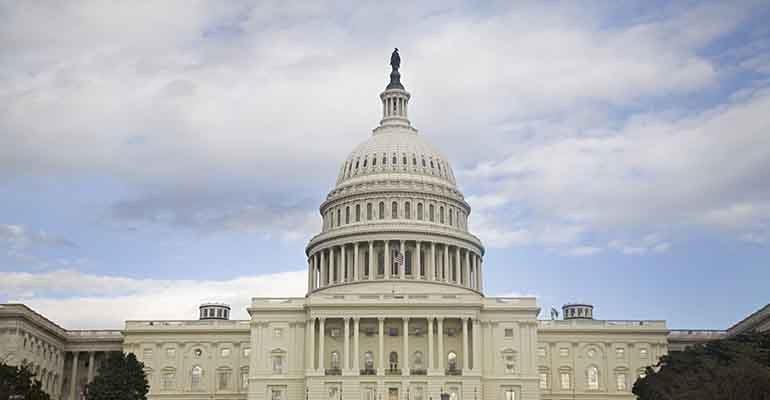House and Senate Democrats, led by Sen. Bernie Sanders (I- Vt.), chair of the Senate Health, Education, Labor, and Pensions Committee, introduced the Raise the Wage Act, which would gradually raise the federal minimum wage to $17 by 2028, or more than double the current federal minimum wage of $7.25. The legislation would also seek to eliminate the tipped sub-minimum wage over the next seven years (and eliminate the tip credit for workers with disabilities over the next five years).
“The $7.25 an hour federal minimum wage is a starvation wage,” Sanders said in a statement. “It must be raised to a living wage – at least $17 an hour…. At a time of massive income and wealth inequality and record-breaking corporate profits, we can no longer tolerate millions of workers being unable to feed their families because they are working for totally inadequate wages. Congress can no longer ignore the needs of the working class of this country.”
This is not the first time during the Biden presidential administration that Congress tried to increase the federal minimum wage. A $15 federal minimum wage was originally part of President Biden’s $1.9 trillion COVID-19 relief plan at the beginning of his presidential term in 2021, and the Raise the Wage Act was introduced shortly after by House Democrats, proposing to eliminate the tip credit and raise the federal minimum wage to $15 an hour. The same legislation had been introduced (and failed) during the Trump administration in 2019, but failed to pass in the Senate both times.
Now, the Raise the Wage Act has been re-introduced after having been adjusted for inflation, and the restaurant industry is still taking issue with the bill, especially about the elimination of the tip credit.
“The National Restaurant Association and our members welcome a conversation about how additional wage changes fit into this reality,” National Restaurant Association vice president of public affairs, Sean Kennedy, said in a statement. “We look forward to discussing with Congress the unique challenges of restaurant operators and how to plan changes, so they don’t threaten business viability… But eliminating the tip credit as a compensation model is a non-starter. This would have the perverse effect of lowering the take-home pay for countless workers who have tipped restaurant jobs.”
The tip credit has been a controversial topic nationally—not just in the restaurant industry. While the National Restaurant Association claims that a restaurant worker’s median income is $27 an hour with the tip credit in place, other advocacy organizations like One fair Wage have been against the tip credit, claiming that the subminimum wage opens the door to issues like wage theft and harassment.
This past Election Day, Washington, D.C. became the latest municipality to eliminate the subminimum wage, which will be phased out by 2027, joining seven states that have eliminated the tip credit throughout the country. Most recently, a bill was introduced that would speed up the timeline to raise the minimum wage and eliminate the tip credit to 2025, though there is no update yet on whether that will be passed.
Contact Joanna Fantozzi at [email protected]





